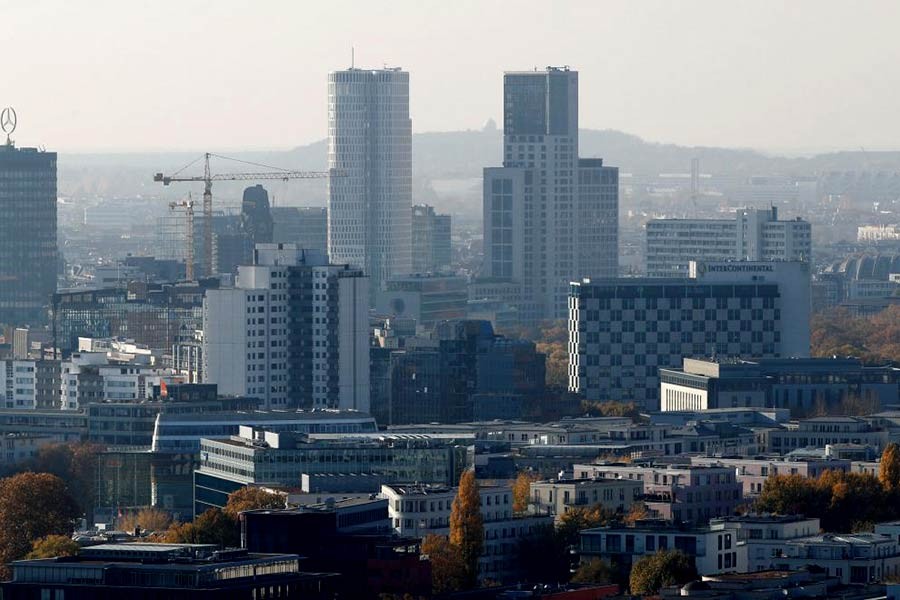Germany’s leading industry groups have said Britain’s departure from the European Union and trade disputes triggered by US President Donald Trump’s ‘America First’ policies are going to be the biggest risks to growth and prosperity.
The German economy, Europe’s largest, is expected to post its weakest growth rate in many years in 2018 as exporters are facing headwinds from abroad, reports Reuters.
But vibrant domestic demand means many companies are still able to expand business.
In a survey, the heads of Germany’s leading industry associations said they did not see the economy entering a recession and that most forecasts were predicting a solid growth rate of around 1.5 per cent for 2019.
But the industry associations said the economic woes of company executives were increasing and the government should do more to help them, for example by lowering corporate taxes and investing more in digital infrastructure.
“The biggest risk in the short term is Brexit,” said Dieter Kempf, president of the BDI industry association.
If Britain left the EU in March without any agreement on its future relations with the bloc, this would create massive uncertainties for trade and business, Kempf warned.
“The British economy would face the direct threat of a recession which would indirectly also affect Germany,” Kempf said.
Holger Bingmann, head of the BGA trade group, said Brexit was the “most urgent problem for the German economy” while an escalation of international trade disputes sparked by the United States could potentially derail the economic upswing.
DIHK President Eric Schweitzer said German companies are still worried about the US imposing higher import tariffs on European cars. “The threat of car tariffs is still on the table,” Schweitzer warned.
It was vital that both sides increased their efforts to find a solution to the trade dispute through negotiations that ideally would lead to lower tariffs, Schweitzer said.
The German economy likely grew by around 1.5 per cent this year, compared with 2.2 per cent in 2017.


